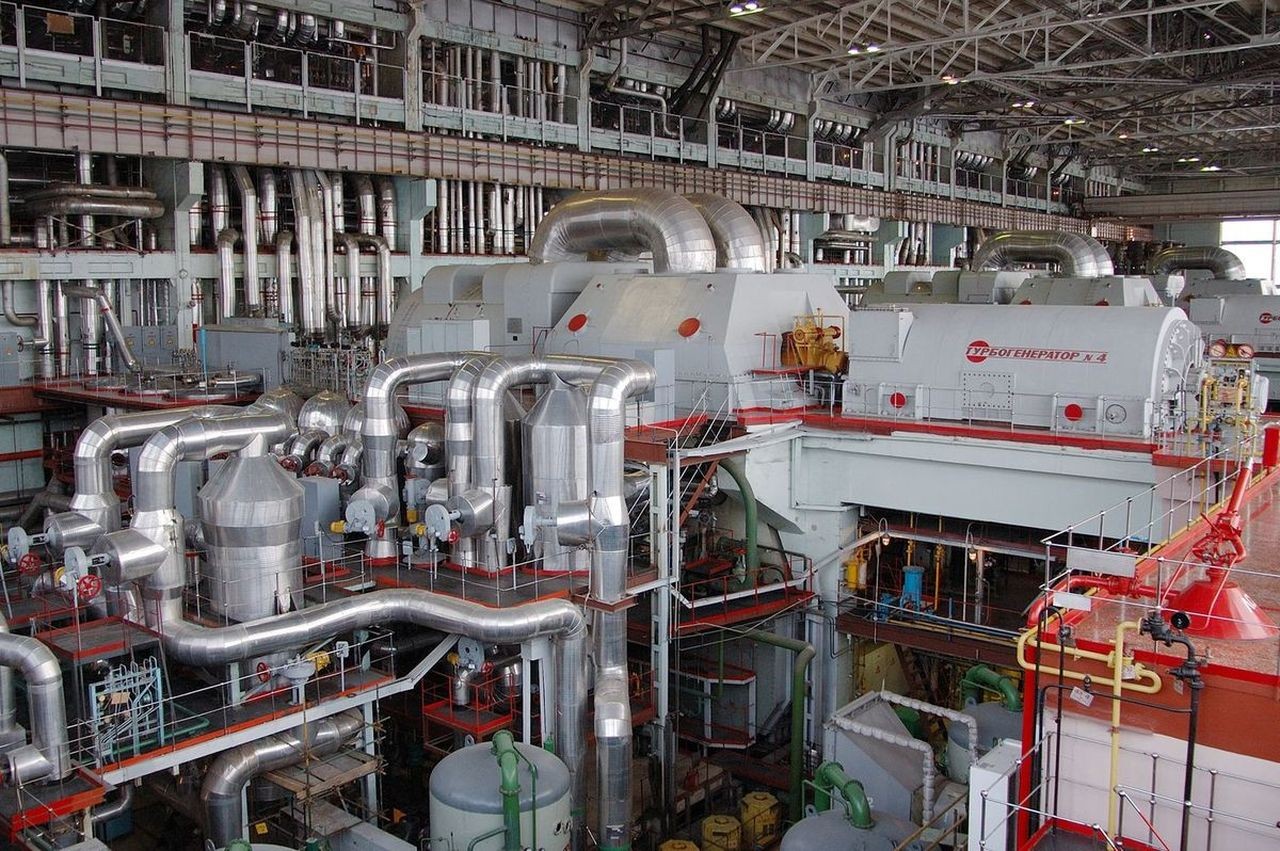 Russia’s Beloyarsk NPP will in August start the final stage of work to extend the life of unit 3 until 2040. The work will be completed during the next scheduled maintenance outage.
Russia’s Beloyarsk NPP will in August start the final stage of work to extend the life of unit 3 until 2040. The work will be completed during the next scheduled maintenance outage.
The BN-600 sodium-cooled fast reactor began operation in 1980 – the world’s first commercial fast reactor. The work will include replacement of the evaporative modules of the steam generators and replacement of the feed pumps. Much of the work is associated with checking the residual life of the equipment, in particular the condition of non-replaceable elements such as the pressure vessel and internal devices that are important for the safety of the system. The key inspections will concern equipment assigned to the reactor, turbine, electrical shops, thermal automation and measurement shop, and fire safety department.
Beloyarsk NPP said the unit already complies with the most modern safety requirements. All measures aimed at improving reliability were mostly completed during the previous life extension work undertaken in 2010 and 2020. In 2020, the power supply systems and diesel generator sets were upgraded; eight evaporative and one superheater modules of the steam generator were replaced; and reconstruction of two circulation conduits was completed using a unique relining method. Now, the emphasis will be on updating equipment that has exhausted its usefulness.
“Extending the operating life of the BN-600 power unit until 2040 will allow the Beloyarsk NPP to safely generate an additional 60GWh of electricity,” said Plant Director Ivan Sidorov. While meeting unconditional compliance with safety requirements, this will help the plant contribute to implementation Rosatom’s goals aimed at achieving a 25% share of nuclear energy in Russia and increasing revenue, he explained. Extending the life of Beloyarsk 3 will reduce greenhouse gas emissions by more than 29.8m tonnes of CO2 equivalent.
Image courtesy of Rosatom



